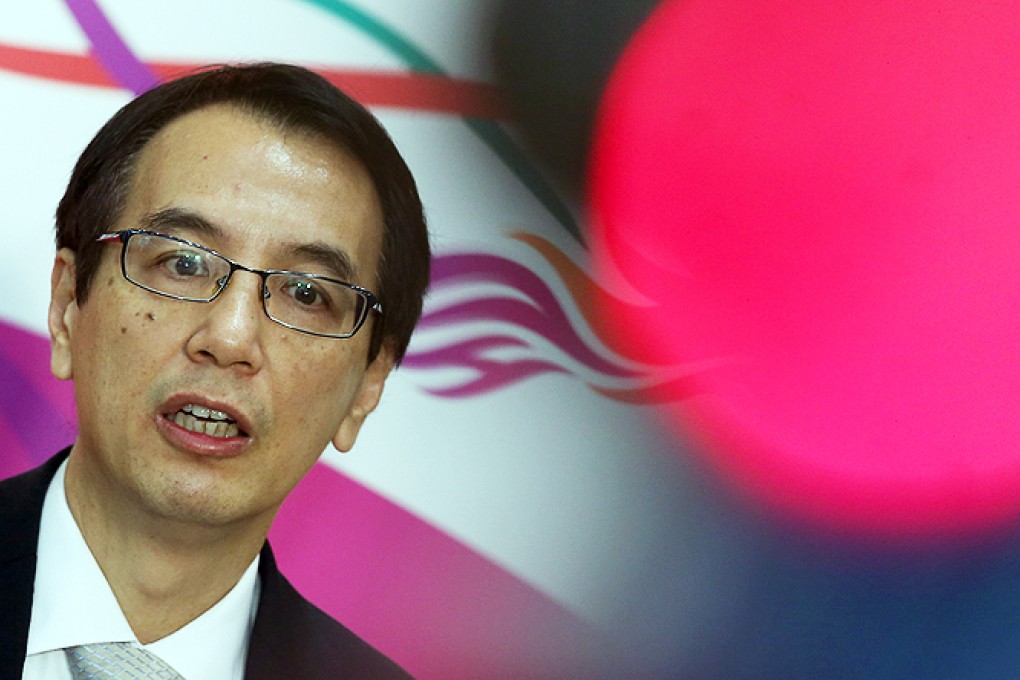More work needed on proposal to extend Hong Kong civil servant retirement age
Lina Vyas backs a proposal to allow civil servants to retire later, but not in a way that places the organisation's needs over employee well-being

Earlier this month, the secretary for the civil service launched a four-month public consultation exercise on the extension of service of civil servants. The consultation document lists two policy objectives: to respond to the challenges of an ageing population and to address the corresponding staffing needs of the service.
The document proposes increasing the retirement age of civil servants from 60 to 65 for new recruits, while incumbents would be able to work for five years after age 60 at the discretion of their department heads.
The document also proposes considering adopting a phased approach in introducing a higher retirement age. The proposal is timely but conservative. The document says the reason for not extending the retirement age of all serving civil servants is that it might result in promotion blockage and hinder healthy turnover in the civil service.
But would the proposal really have such a big impact? The document does not present any evidence it would. I believe the Legislative Council can make better use of its personnel data and provide a more specific assessment of the impact.
The consultation paper studies the outflow of employees in the past five years to estimate the retirements and other terminations of employment over the next 15 years. The recruitment of new employees in the same period has not been included in the analysis. That needs to be addressed.
Finally, the government proposal tries to deal with the problem from an employer's point of view. In its plan, existing civil servants will only know their fates when approaching retirement age, when their supervisor/head of department will decide whether or not they will be reappointed and have their service extended. This puts high power in the hands of the supervisors without any transparency or benchmark criteria. It also opens the door to favouritism.